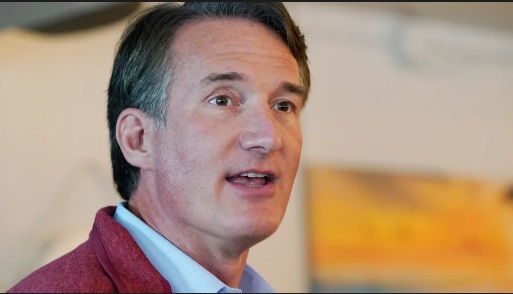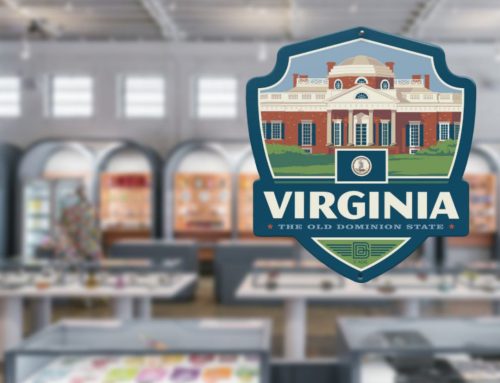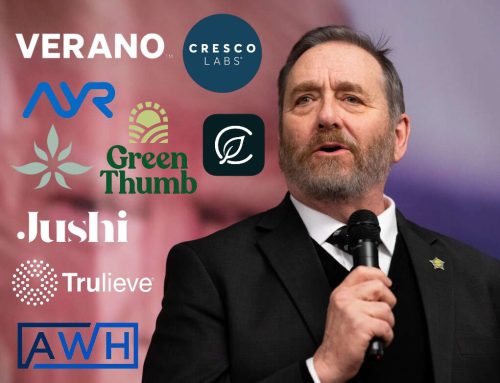Virginia Governor’s Veto Stalls Cannabis Legalization Progress
LOS ANGELES- In a recent development in Virginia’s cannabis legalization movement, Governor Glenn Youngkin vetoed legislation that would have established a legal marketplace for adult-use cannabis. This move has been seen as a setback for advocates of cannabis reform in the state, where adult-use possession and cultivation were legalized in 2021.
Governor Youngkin, known for his anti-cannabis stance, cited concerns about public health and safety, increased crime, and the impact on children and adolescents as reasons for his veto. He argued that states with legalized retail marijuana have experienced adverse effects and that legalizing retail marijuana in Virginia would not eliminate the illegal market or guarantee product safety.
Critics of the governor’s decision argue that his fears are outdated and not supported by modern research or real-world experience. They point out that legalization in other states has not led to increased crime or youth consumption and that legal frameworks provide barriers to underage sales. Furthermore, they argue that by vetoing the development of a regulated marketplace, the governor is inadvertently pushing consumers towards the unregulated market.
The decision to veto the legislation has also been seen as a potential political move, with some speculating that it may be linked to the governor’s desire for support on his pet project, a $2 billion Sports & Entertainment complex in northern Virginia.
Overall, Governor Youngkin’s veto has sparked debate about the future of cannabis legalization in Virginia. Critics argue that his stance reflects a broader issue of governance where ideology trumps evidence, and political gamesmanship overshadows the welfare of state residents.




































